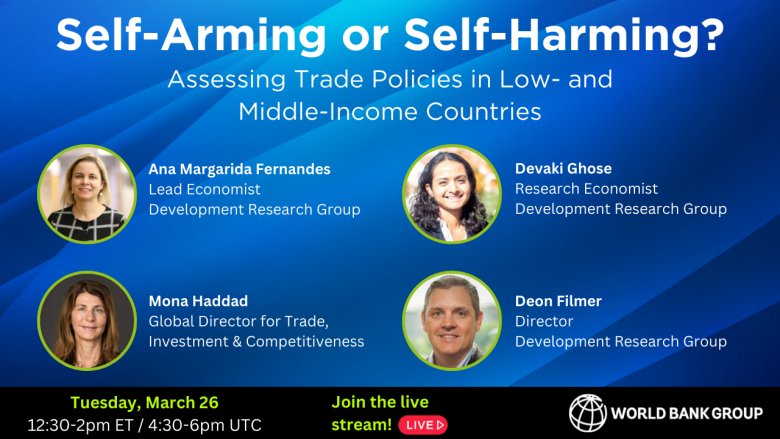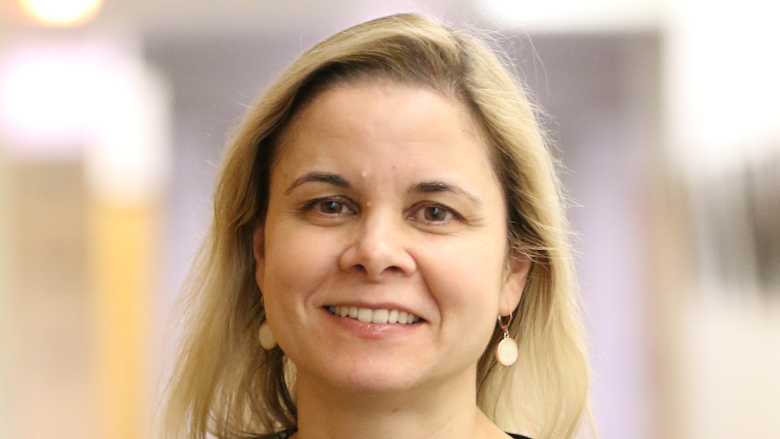Multimedia
Following decades of tariff reductions, economic research shifted away from studying trade policies towards exploring alternate barriers to trade, like transport and communication costs. However, recent global challenges, including the pandemic, rising geopolitical tensions, and the urgency of climate change, have thrust trade policy back into the spotlight. This resurgence prompts the question: what trade policies are low- and middle-income countries (LMICs) arming themselves with in response? And are these policies harming more than helping?
In this Policy Research Talk, World Bank economists Ana Fernandes and Devaki Ghose will focus on answering these questions. LMICs often rely significantly on non-tariff measures (NTMs) to restrict trade. Despite their importance, the impacts of NTMs, particularly their downstream impacts, are rarely examined in economics due to poor data coverage and analytical challenges. To overcome these issues, Fernandes and Ghose argue in favor of generating specific country case studies and analyses that are comprehensive yet parsimonious in data. They will introduce a novel and comprehensive methodology that can be extended to multiple settings to assess the wide-ranging economic and welfare effects of a 2021 fertilizer import ban in Sri Lanka.
To conclude, the researchers will draw lessons from these country case studies to explore how trade policy can be strategically leveraged to foster development.
The monthly Policy Research Talks showcase the latest findings of the World Bank’s research department, challenge and contribute to the institution’s intellectual climate, and re-examine conventional wisdom in current development theories and practice. These talks facilitate a dialogue between researchers and operational staff and inform World Bank operations both globally and within partner countries. Read More »
EVENT DETAILS
- DATE: March 26, 2024
- TIME: 12:30 - 2:00PM ET
- LOCATION: MC Building (MC 2-800)





